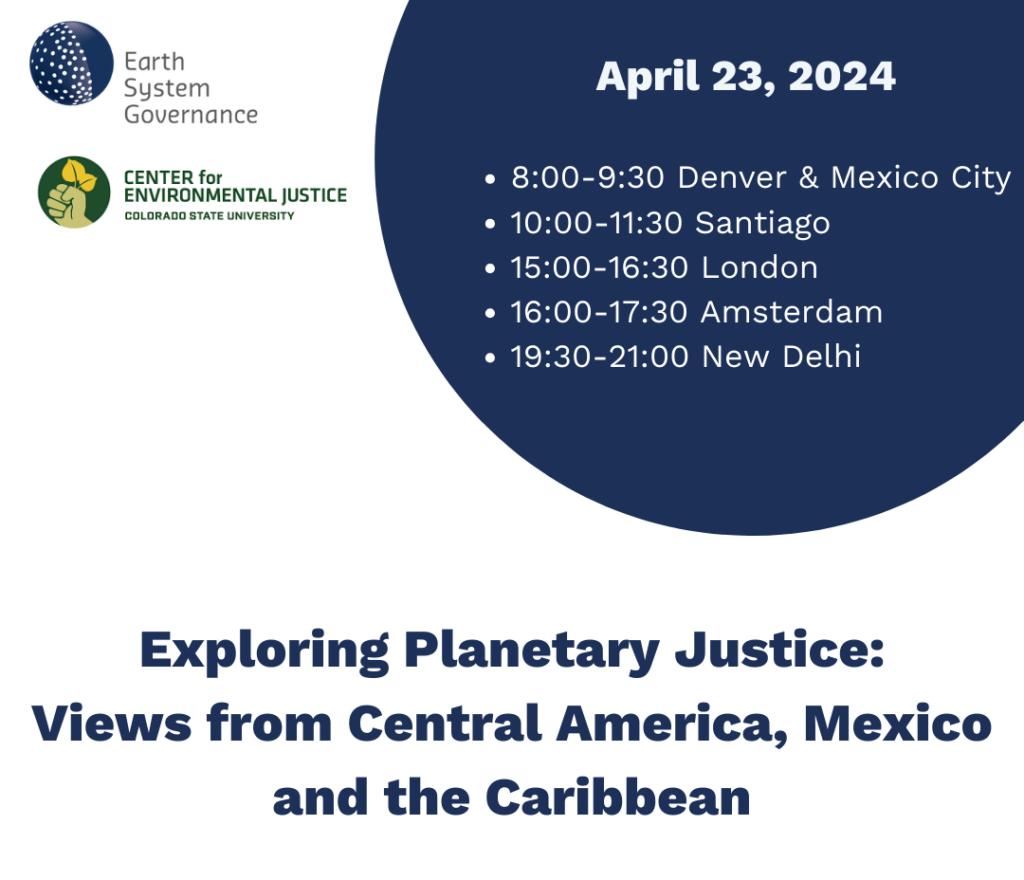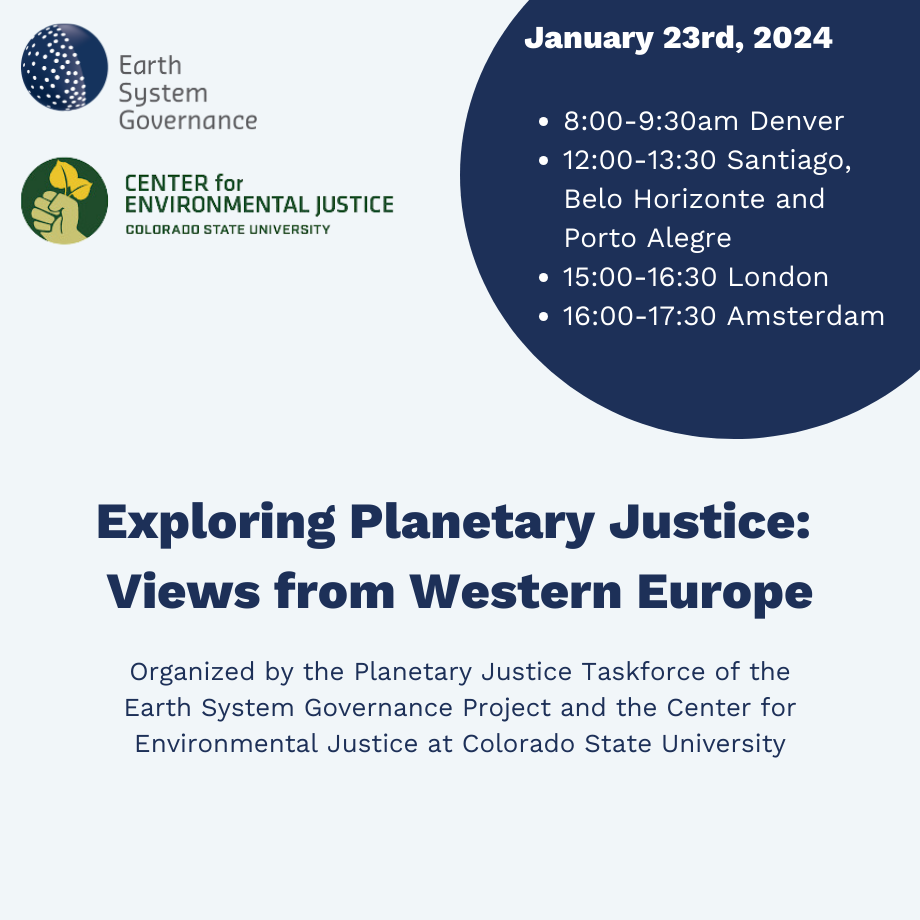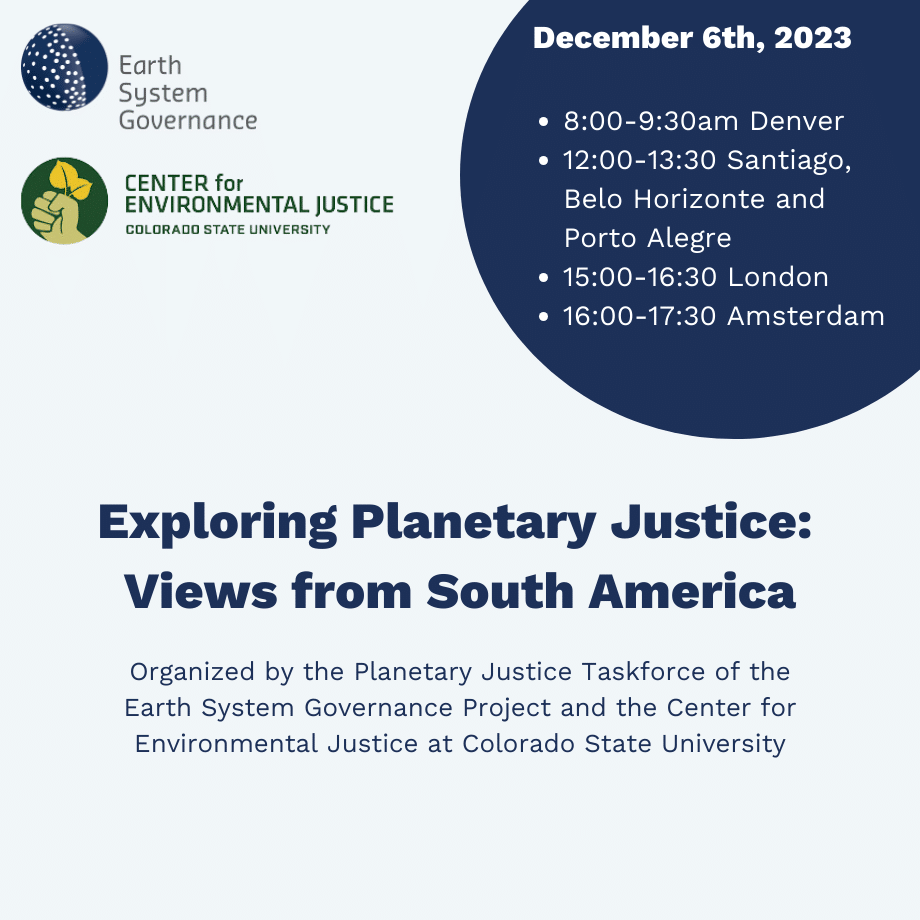The topic
Nearly 70% of the world population lives in urban areas and nearly 75% of economic activity is located therein. Urban areas concentrate not only wealth but also extreme poverty and environmental degradation. Despite the significant progress in urbanization, still a billion people live in the slums of urban areas. The issue of urban transitions to sustainability is a major challenge. In Europe, the 2007 Leipzig Charter puts “sustainable cities” on top of the agenda for sustainability. Two years later, the situation report of the European Commission on the European Union Sustainable Development Strategy considers the issue of “Sustainable Cities” as a major axis.
Nevertheless, these initiatives should not lead to a standardized approach to urban transitions to sustainability, but rather to recognize and promote the diversity of paths that lead to sustainable cities. Despite differences in history, type of development, size and heritage, cities still have an unexplored potential in adaptability.
Even if there are several means and pathways for the transition towards sustainability of urban areas, heuristic tools are still needed to help cities to take decisions and assess their relevance. What kind of issues, convergences and disagreements do transitions towards sustainability of urban areas face today? That is the topic of the 4th Rheims International Conference in Sustainability Studies.
The context
In the mind of most people, sustainable urbanization is generally identified with the historical model of cities. With their dense center and their suburbs, the “city of proximities” corresponds to the economic and cultural need for intense and diverse social interactions. Thus, the “compact city” is often perceived as the universal model of urban sustainability.
Nonetheless, beyond this doxa, is this feasible? Is it desirable? The answer to these three questions is not obvious. For over half a century, despite efforts to limit it, spatial dynamics have been characterized by fragmentation and urban sprawl. This has become the normal mode of production of the contemporary city, whatever its size, institutional and administrative configuration and its policy choices, regardless of the economic or demographic dynamism. Even “shrinking cities” or those facing decline and abandonment, deal with fragmentation and urban sprawl.
But why limit sustainable urban spaces to cities or more precisely to the dense or compact cities? What about Giorgio Piccinato’s interpretation of the diffuse city (città diffusa) or Yves Chalas and Geneviève Dubois-Taine’s “emerging city”? Why can’t they respond to the same constraints in terms of space, functional and social diversity, optimization of inputs (resources, water, air, food, etc.) and outputs (productions and waste) of urban metabolism, quality of life and landscape, as well as energy savings specific to sustainable places?
Indeed, the social, economic, scientific, technical and cultural transformations of the last few decades have produced deep changes in how society relates to space.
Today, urban areas have either no boundaries or very fuzzy ones.
Given that lifestyle, facilities and amenities are not so different between urban and rural areas, is it still worth separating them with an imaginary border? Is generalized urban space finally there? If this is the case, what spatial and temporal boundaries and which kind of institutional and administrative arrangements are we supposed to use to conceive a transition towards sustainable spaces? Most importantly, how are we supposed to integrate science, technology and societies in this new configuration? In particular, how do inhabitants change or not their usages of cities after urban transformations (new sequencing, new shapes, etc.) due to new combinations of techniques (often in order to respond to climate imperatives: smart grids, eco-constructions, etc.), scientific knowledge and political decisions?
After all, a generalized urban space is not only a source of specific problems but also has the potential to become a complex system of networks bringing together local communities, institutions, knowledge, individuals and businesses, not to forget ever present national governments.
This kind of approach obliges to conceive urban spaces based on these networks and on the distribution of economic, political and symbolic power. In fine, it is needed to identify the new forms of living that may result of the transition towards sustainability of urban areas.
The organization
A “residential” international closed seminar structured in three workshops on the following subjects:
-What dialogues and what conflicts between science, technology and society to achieve a transition to sustai¬nability of urban areas?
-What kind of relations among the various scales of action and among the different systems of actors can create the conditions of a transition to sustainability for urban areas?
-What horizons to think the transition: expanding cities – shrinking landscape vs. shrinking cities – expanding landscapes?
… followed by an open conference that will take place on the June 26 at Rheims City Hall, to communicate and debate the results et discussions of the seminar: Three rapporteurs will present the main each workshop, followed by a debate and round talbe and panel discussion.
Simultaneous translation in English and French will be provided to facilitate the debates.
A Summer School, will be held in parallel with the closed seminar, for PhD and post PhD students (June 23, June 26). It is organized jointly by the IRCS (International Research Center on Sustainability at Rheims) and the Netherland’s Research School for Socio-Economic and Natural Sciences of the Environment (SENSE). Participants will also attend the conference organized during the third day of the conference.
Practical details
Free registration to the 4th Rencontres: http://www.sustainability-studies.org/registration/fr
Information about the 4th Rencontres:
http://www.sustainability-studies.org/events/rencontres_2014/
Contact: ircs[at]univ-reims.fr



